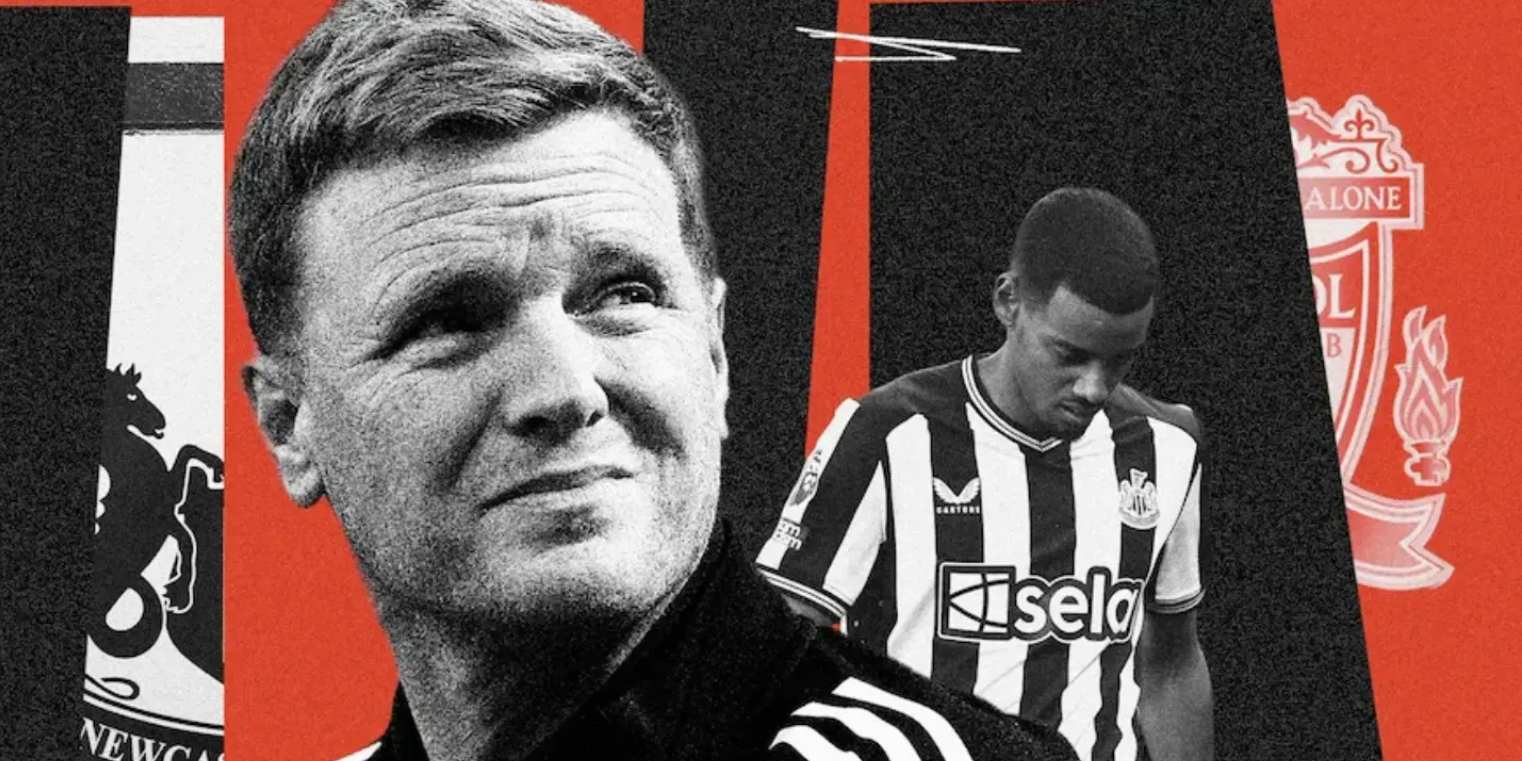
Isak has finally joined Liverpool for a Premier League record-breaking transfer fee, with Newcastle United—who had previously fought hard to retain the Swedish striker—eventually compromising. This article takes an in-depth look back at this transfer saga that began over a year ago and reveals why Newcastle ultimately decided to sell the Swedish international.
Approximately 16 months ago, Newcastle first realized Isak might become a problematic issue for the club. Desperate for funds to avoid breaching the Profit and Sustainability Rules (PSR), the club was gripped by anxiety. Chelsea made tentative contact to assess whether Newcastle would be willing to sell the player. However, Newcastle set an asking price of over £150 million, prompting Chelsea to withdraw immediately. Later, Newcastle resolved its PSR pressures by selling Elliot Anderson and Yankuba Minteh.
Isak’s agent began to apply pressure. Through multiple rounds of communication with clubs and intermediaries across Europe, Newcastle learned the striker was drawing interest from several teams. The agent told Isak that if he pushed to leave St James’ Park, he could join a top European club of his choice. Nevertheless, Newcastle’s senior management made it clear that Isak would not be sold, no matter how high the offer.
In July 2024, Paul Mitchell became Newcastle’s Director of Football. Shocked by the club’s financial situation, he realized there was barely any funds available for new signings. Any major transfer would mean the club would have to offload key players on a large scale in 2025. After failing to sign Crystal Palace defender Marc Guehi, Isak and his agent began to believe he might be the next high-profile player to leave.
With Isak’s existing contract paying a weekly wage of nearly £250,000, the club could not renew his deal immediately. Mitchell informed the agent and the board that contract negotiations would be postponed until 2025. While Isak was slightly dissatisfied, the two sides remained on largely amicable terms. Isak’s camp viewed this moment as a turning point in his deteriorating relationship with the club, prompting him to decide that the 2024-2025 season would be his last at Newcastle. However, he never explicitly told anyone he would only play for Newcastle for one more year—a detail that directly influenced how the club handled him in the subsequent summer transfer window.
Isak’s mood shifted dramatically when Mitchell told him he would not receive the new contract privately promised by former Director of Football Amanda Staveley. The “first day” of this transfer farce can be traced back to the moment Mitchell revoked that promise. When contract talks resumed this summer, the figures in the offer dropped sharply. Isak no longer wanted a new contract and refused to listen to any further arguments from Newcastle.
In September 2024, at the start of the season, Isak struggled for form—scoring just one goal in his first seven games, a performance notably worse than in the previous two seasons. Manager Eddie Howe took a tough stance, explicitly warning him that he must fully commit as a Newcastle player and abide by professional conduct rules. This intervention reignited Isak’s focus on the pitch and laid the groundwork for the club’s decision to keep him that summer.
By December 2024, Isak had led the team to a nine-game winning streak, equaling the club’s previous record. In a positive mood, he denied any intention to leave in interviews and spoke highly of the club and the city. Between October 27 and January 25, he scored 18 goals in 18 games, fully regaining his form and returning to his peak level.
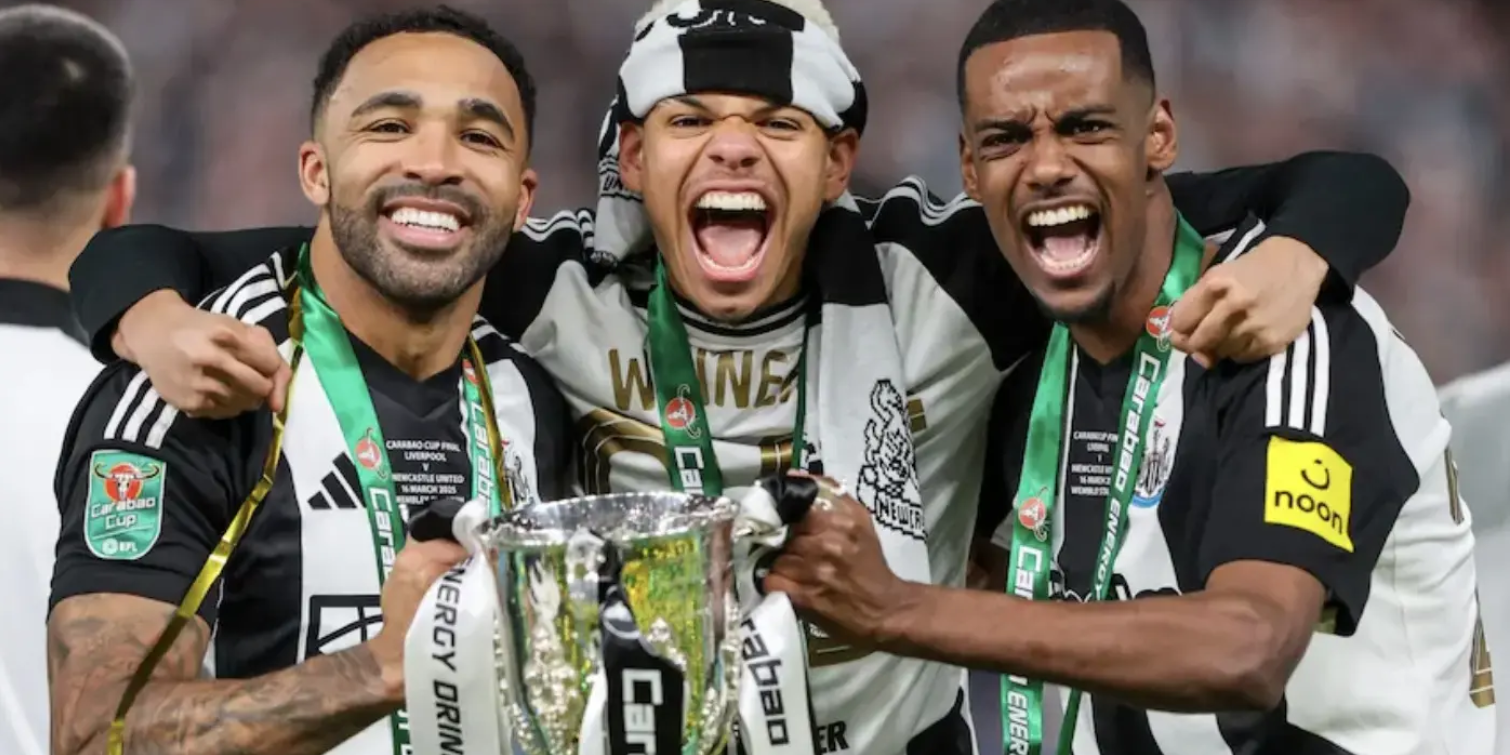
However, after winning the EFL Cup final in March 2025, insiders revealed Isak had become quiet and isolated, lacking focus in training. There was a view that he privately felt he had achieved all his goals at Newcastle. Some even suggested that from April onwards, his on-pitch performances and behavior seemed to indicate he did not want the team to qualify for the Champions League—so he could find an excuse to leave.
In May 2025, Isak explicitly told Eddie Howe of his desire to depart. The board insisted they would not sell him and offered a new contract: if he stayed for another year, he would receive a high salary, plus a release clause of £120-130 million. Nevertheless, Isak’s agent insisted the club immediately find a replacement, constantly pressuring the club. Newcastle’s senior management warned that selling below the club’s asking price would set a dangerous precedent: “Isak would become an example, and other players might follow suit.”
In June 2025, Director of Football Paul Mitchell’s sudden departure left Newcastle in an administrative leadership vacuum. The club attempted to sign Joe Drapes, João Pedro, and James Trafford—all unsuccessfully—and was forced to halt its pursuit of Jeremy Doku. The club’s goal remained to sign multiple strikers, right wingers, right center-backs, midfielders, and goalkeepers to ensure Isak faced sufficient competition, rather than selling him directly.
The club believed Isak was rational enough that signing high-level players—such as his Sweden international teammate Anthony Elanga—might change his desire to leave. However, tensions escalated when Isak’s side once again demanded a transfer during a meeting between the club and his agent at the training ground.
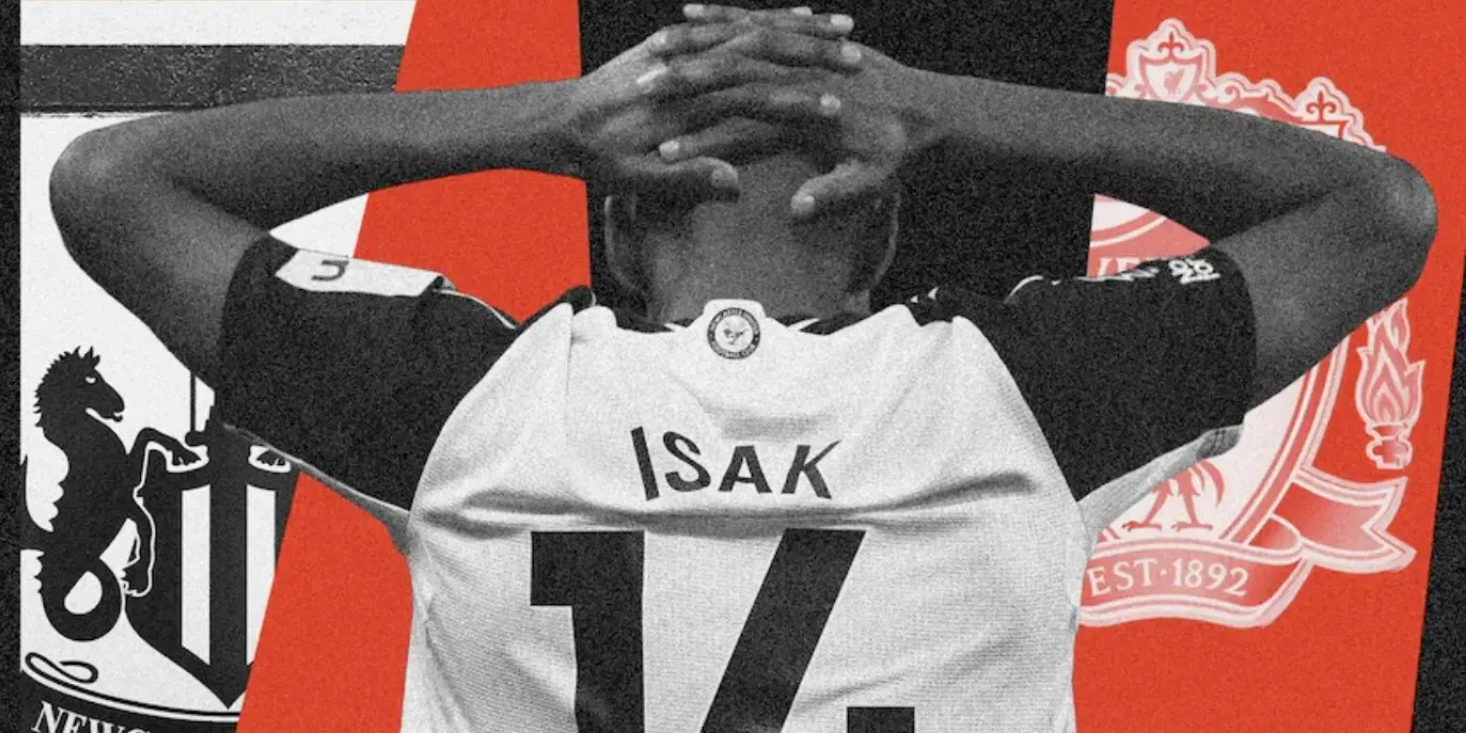
In July 2025, as Newcastle pursued young French striker Hugo Ekitike, Isak’s camp seized the opportunity to apply pressure and leaked news of Liverpool’s £120 million bid. With Ekitike joining Liverpool, Newcastle lost another transfer target. Isak judged the time was right, so he pulled out of the pre-season match against Celtic and canceled his participation in the Asian tour. By this point, his relationship with the club had become extremely strained, and he threatened to refuse to play for Newcastle any further if the club did not sell him.
In August 2025, after returning to England, Isak told manager Eddie Howe he would no longer play for the club and insisted Newcastle sell him. Newcastle tried to sign Benjamin Šeško and Said Benrahma—both without success. Liverpool formally submitted an £110 million bid for Isak, which Newcastle firmly rejected. Shortly after, Isak posted a statement on his personal social media, accusing the club of “failing to honor its promises.”
In the final stages of the summer transfer window, Newcastle reached an agreement with Isak: he waived his £2 million loyalty bonus, Liverpool paid a £128 million transfer fee, and all parties officially completed the signing on Monday (local time). Newcastle then quickly finalized the signing of Weisa to ensure the team had two strikers to replace Isak.
In the end, Newcastle only released a 37-word announcement—no thanks for Isak’s contributions, no well-wishes for his future. This cold statement accurately reflected the club’s attitude toward this “bitter saga.”
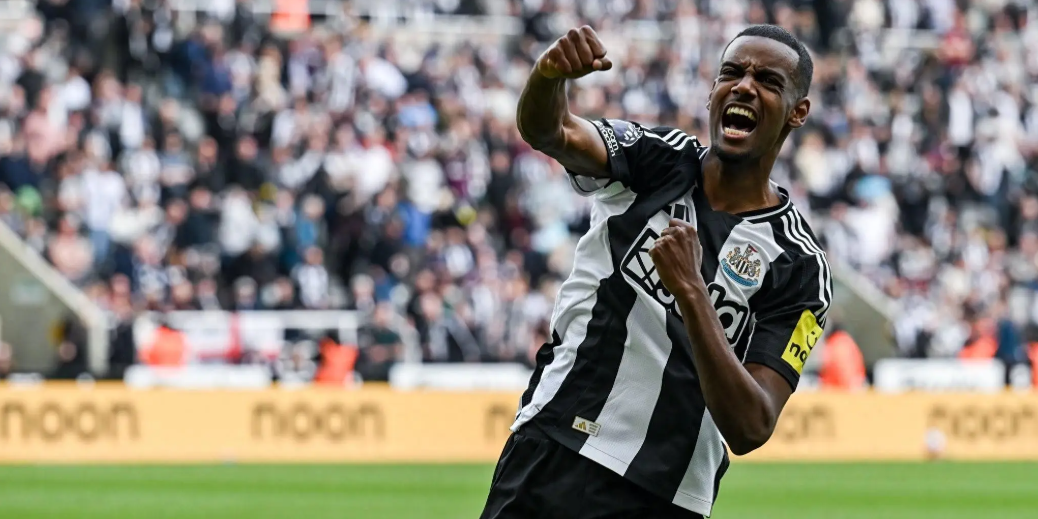
During this summer window, no one at any level within Newcastle explicitly stated “Isak will not be sold.” Only after Isak posted his accusatory statement on August 19 did the club issue a brief tough response. The statement, in which he vaguely mentioned “broken promises, loss of relationships and trust,” left the club deeply dissatisfied.
Isak made it clear to the club he wanted to join Liverpool, and the club accepted this wish, immediately beginning its search for a replacement. It was only in the final two weeks of the summer transfer window—when the club still had not successfully strengthened its striker position—that some within Newcastle believed Isak might stay and reintegrate into the team. It was this tense atmosphere that prompted Isak to post his “explosive statement”; fearing the door to his departure was about to close completely, he chose to escalate the conflict in advance.
Even so, Newcastle made a last-ditch attempt to keep him—a footballing priority. When Newcastle’s senior management visited Isak’s home last Monday, they still hoped for a positive outcome, but Isak made his refusal to stay clear through his actions.
Negotiations between the two sides only progressed after Liverpool’s 3-2 victory over Newcastle that night. Isak’s agent, Vlado Lemić, was the key figure. Rumors claimed Newcastle’s asking price for Isak was £150 million—a figure that actually benefited Newcastle, as it raised expectations and standards for the transfer fee. However, it also carried risks, as the £125 million Liverpool ultimately paid seemed low. In reality, Newcastle’s expected transfer fee was around £130 million, and the final amount received was close to this figure.
For the club, Isak had to leave. Recently, insiders revealed that some within Newcastle’s senior management had begun to feel nervous. After spending heavily to sign Walter Made this summer—with a total investment of £200 million—the club urgently needed to sell Isak to balance the Profit and Sustainability Rules (PSR) while maintaining harmony in the dressing room.
The team atmosphere was irreparable after Isak turned his back on the club, manager, and teammates. Since the statement was posted, Eddie Howe has had no further communication with Isak, and senior players in the dressing room were furious with his actions. It is understood that during one team meeting, a player lost his temper and had to be calmed down by a fellow countryman—someone who values loyalty highly.
Meanwhile, Newcastle’s frustration with Liverpool continued to fester. Eddie Howe and Liverpool’s Director of Football Richard Hughes are long-time friends, but it is unknown whether the two communicated this summer. Newcastle is well aware it has become a casualty of Liverpool’s “summer window plan.” Without Liverpool’s push, Isak would not have refused to train. As early as early August, Liverpool submitted an £110 million bid—knowing full well it would be rejected—which directly left Newcastle without its key striker for the first three games. Once the transfer process began, Isak could no longer play for Newcastle.
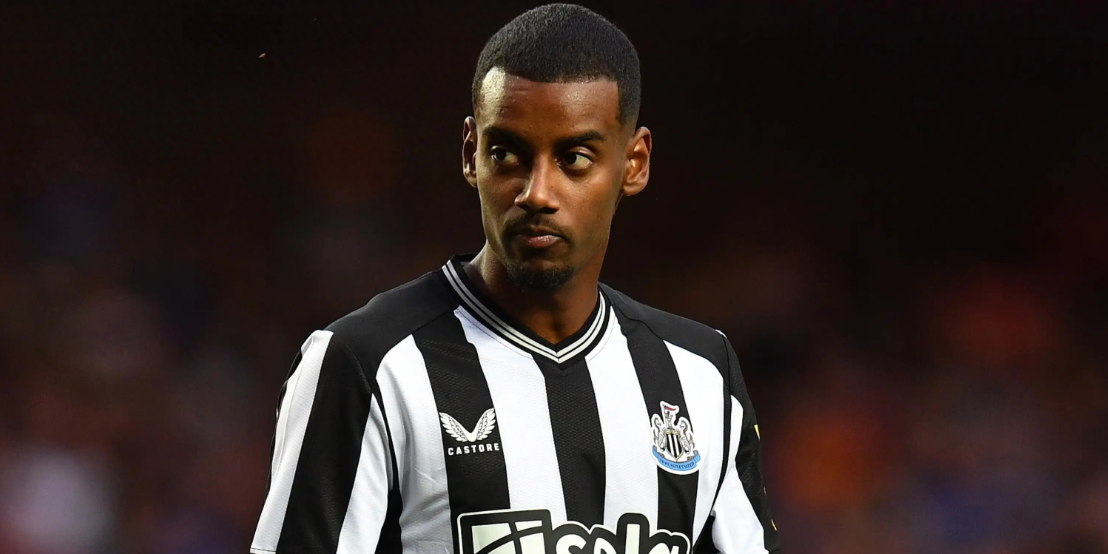
Some media claimed Liverpool would not make another move over the weekend, and Newcastle was willing to keep Isak—but these were just empty postures ahead of the final negotiations. The rapid conclusion of the deal ultimately showed the club had long been mentally prepared for this outcome.
Newcastle chairman Yasir Al-Rumayyan had originally hoped to keep Isak—his favorite player. However, PIF (Public Investment Fund of Saudi Arabia) ultimately chose pragmatism, prioritizing commercial interests. Al-Rumayyan had hoped the home visit last Monday would bring a turnaround, but after it failed, the club moved quickly to sign Walter Made, sealing Isak’s fate to leave.
The closure of the transfer window brought much-needed relief to Newcastle United; finally, it was all over. After weeks of exhausting and frustrating negotiations, Isak’s departure was like “bursting a boil”—freeing up manager Eddie Howe’s energy to focus on players willing to fight for Newcastle. There was no longer a need to discuss how to reintegrate a “tarnished hero”—a player who had even been booed as a “jerk” by fans in the team’s last game.
Newcastle’s last-minute compromise was unavoidable. Despite Eddie Howe’s unwavering determination to hold on, as the summer window neared closure, it became increasingly clear that neither he nor the club’s senior management held the final decision-making power. The ultimate authority rested with PIF (Public Investment Fund of Saudi Arabia), and even in the final moments before the deal was completed, the club’s senior management could not be certain how this farce would end.
In the end, they conceded to a club allegedly attempting to destabilize Newcastle (a claim Liverpool strongly denies), resulting in the loss of the club’s most important asset—Isak.
Sometimes, pragmatism becomes an unavoidable choice. Perhaps in Isak’s case, the club reached a breaking point: his rebellion, anger, and the chaos he caused had outweighed other factors. For Newcastle, this was a reality they had to face and address—they could not have predicted Isak’s stubbornness, nor the potential impact of his actions.
In the end, they sold Isak for a Premier League record fee, with Liverpool becoming the player’s final destination. Selling top players has always been part of Newcastle’s operating model—even though Isak was not a player the club planned to sell, and the timing was far from ideal. Nevertheless, this deal provided the club with financial security and room for further investment to strengthen the squad.
Part of the funds were used to sign Weisa. Coincidentally, during his time at Brentford, Weisa had also expressed dissatisfaction with his club’s broken promises via social media and sought a transfer. This is both the reality of football and the rule of business—it also serves as a reminder for Newcastle to clearly understand its position in the football club ecosystem. The club made a pragmatic business decision, making romantic sentiments and moral lectures seem hollow.
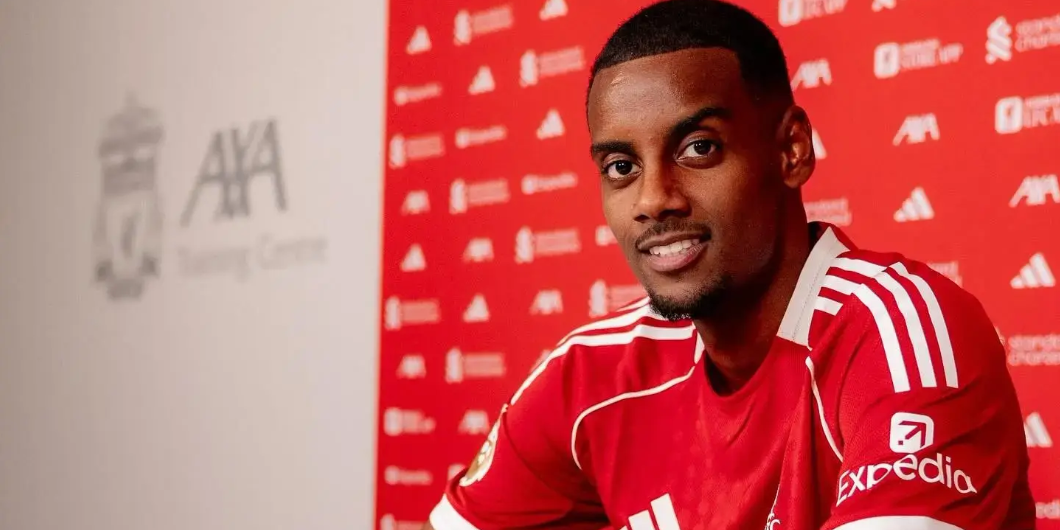
For Isak himself, this was a departure filled with sorrow and anger. A technically exquisite, elegant modern striker, he is fully capable of standing alongside the likes of Mohamed Salah or Erling Haaland and commanding a corresponding high salary. However, during his time at Newcastle, he brought countless moments of joy to the team and created historic memories—yet his departure was dull and devoid of ceremony, completely eroding his “legacy” at the club. He refused to play for the team and showed obvious disdain for manager Eddie Howe, his teammates, and the fans. In other words, this player—so graceful on the pitch—ultimately said goodbye to Newcastle in an awkward, even ugly manner.
None of this had to happen, but the facts remain: without Isak, Newcastle can finally look forward, putting an end to this long and tangled transfer saga. However, his departure also means the team has lost a stable, prolific center-forward—a reality that cannot be ignored. It neither reflects Newcastle’s ambition nor fully aligns with the club’s best interests.
Isak has left, and Newcastle United’s future remains uncertain.




